How: Our Paradigm
the values, framework, and focus that keep us on track

How We Do What We Do:
Our Common Ground
LifeApp is made up of a diverse collective of people gathered around a singular shared vision… a world rooted and grounded in the art, science, and spirit of love. This is our common ground, our centre of gravity, the end goal we work toward, the one thing we know for sure—love wins.
What we’re talking about when we talk about love isn’t simply a sentimental emotion or a romantic notion. What we’re talking about is a universal life principle uncontaminated by an unhealthy ego and selfishness. In the words of Swami Vivekananda "All love is expansion, all selfishness is contraction. Love is therefore the only law of life. He who loves lives, he who is selfish is dying. Therefore love for love’s sake, because it is law of life, just as you breathe to live.”
“All love is expansion, all selfishness is contraction. Love is therefore the only law of life. He who loves lives, he who is selfish is dying. Therefore love for love’s sake, because it is law of life, just as you breathe to live.”
Curiously exploring all that love is and becoming a lifelong student in learning how to live it well, is about more than just social relationships. It is about a way of living—an integrated and holistic approach to how we love ourselves, our bodies, and our environment. It’s about the way we do business, run government, create art, care for the underprivileged, and provide education.
Whether we’re talking about affordable housing, poverty, drug use, climate change, domestic violence, obesity, or the backlog in our court system; every city has thousands of institutions, programs, and agencies all committed to solving these community problems; which is both helpful and necessary.
However, our role and goal is to shift the conversation from community-as-a-problem-to-be-solved, to community-breakdown-as-a-symptom-to-be-understood. It’s to recognize these problems as symptoms of something deeper and to then respond by going upstream to identify the underlying predictive and preventative solutions that could be implemented—empowering both individuals and community builders to restore and heal in communities that are rooted and grounded in the art, science, and spirit of love.

Our Values
Our shared assumptions, beliefs, and behaviours vital to the work of empowering others to live love well. These core values are the non-negotiables of LifeApp culture—sometimes aspirational but always essential.
Be Humble: practice mindfulness and self respect grounded in love, let go of self-preoccupation, and avoid the extremes of pride or self-deprecation.
Be Loving: perpetually run all of life through the filter of love and how to live it, progressively becoming rooted and grounded in the art, science, and spirit of love.
Be Trustworthy: do what you say you’ll do, respect boundaries, don’t share what's not yours to share, and choose what’s right over what’s fun, fast, or easy.
Be Authentic: pursue alignment in what you believe, say and do; live with integrity both inside and out, learning to live as your true self.
Be Curious: develop a life-long hunger for learning over a craving for approval; continually growing in awareness and response toward ultimate reality and truth.

Our Framework
What we mean when we talk about “The Art, Science, and Spirit of Love”
Learning how to live love well is the work of a lifetime—staying curious about what love is, proactively growing in an understanding of what love does, and continually learning how to navigate and align ourselves with the spirit or essence of love itself, is the art, science, and spirit of love.
Art: the skills, experience, and behaviours mastered to actually live love well.
The art of love is about doing. It is about how we live out our daily lives. It is about the choices we make, the skills we develop, the experiences we learn from, and the behaviours we master in alignment with love. It is an art in continual development, a journey and never a destination, a moment by moment practice rather than a lifetime achievement.
Science: the curiosity, knowledge, and evidence based learning to truly know what love is.
The science of love is about learning. It is the life long journey of expanding our knowledge and understanding around what love is and how to live it well. It requires that we stay curious, engage critical thinking, and always ask questions. Learning both through personal experience and through the clinical research of others, the science of love is essential to the success of those wanting to live love well.
Spirit: the essence, energy, and ethos behind the way of love and how to live it.
The spirit of love is about essence and being. It is the thing behind the thing; the motivating, animating, source or energy that leads us to learn and act in love. While we can’t taste, touch, see, smell, or hear the spirit of love; we’ve all experienced the results of someone who responds to that inner spirit. Increasing our awareness and response toward the spirit of love, provides us with a centre of gravity and empowers us with the essential ingredient to authentically live a life rooted and grounded in love.

Four Core Dimensions
The four dimensions of human experience through which we aspire to live love well.
Mental: Learning to treat ourselves with love and compassion.
"Mental health is a state of wellbeing in which an individual realizes his or her own abilities, can cope with the normal stresses of life, can work productively and is able to make a contribution to his or her community.” —World Health Organization. This dimension includes: resilience, self-worth, identity, purpose, agency, autonomy, positive perspective, emotional intelligence, contentment, meditation, self-care.Social: Learning to treat others with love and compassion.
Social health is a state of wellbeing in which an individual has developed the ability to communicate, develop meaningful relationships with others, and maintain a support network that gives one a sense of belonging and inclusive participation in a healthy and vibrant community life. This dimension includes: belonging, relational intelligence, navigating conflict, trust, community.Physical: Learning to treat our bodies and our environment with love and compassion.
Physical health is a state of wellbeing in which an individual develops the ability to be aware of and care for ones body, possessions, environment, and planet. This dimension includes: diet, physical activity, substance use, design of spaces, care for environment.Spiritual: Learning to be aware of and respond to the spirit of love and compassion.
Spiritual health is a state of wellbeing in which we recognize and celebrate "that we are all inextricably connected to each other by a power greater than all of us, and that our connection to that power and to one another is grounded in love and compassion.” —Brené Brown. Increasing our awareness and response toward spirit brings a sense of perspective, direction, meaning, and purpose to our lives. This dimension includes: love, joy, peace, patience, kindness, forgiveness, gratitude, gentleness, self-control, self-reflection, grace, compassion.

Our Focus
Proactively increasing relational awareness, intelligence, and skills.
“There comes a point where we need to stop just pulling people out of the river. We need to go upstream and find out why they’re falling in.” —Desmond Tutu
Our primary focus is on a holistic, predictive, and preventative approach to relational health. While we support and work alongside a wide variety of health professionals, our core work is to inspire and start conversations that matter around relational health, provide scientifically based training programs, and support participants in implementing healthier relational practices in everyday life.
Holistic: Integrated Relational Health
A focus on the whole person rather than compartmentalizing or segregating the mental, social, physical, or spiritual dimensions of relational health.Predictive: Relational Risk Mitigation
A focus on going upstream to identify and address root causes and not only the symptoms—acknowledging risks and designing preemptive relational health solutions.Preventative: Proactive Relational Learning
A focus on empowering people to proactively grow their relational intelligence and skills through inspiration, education, and practice.




